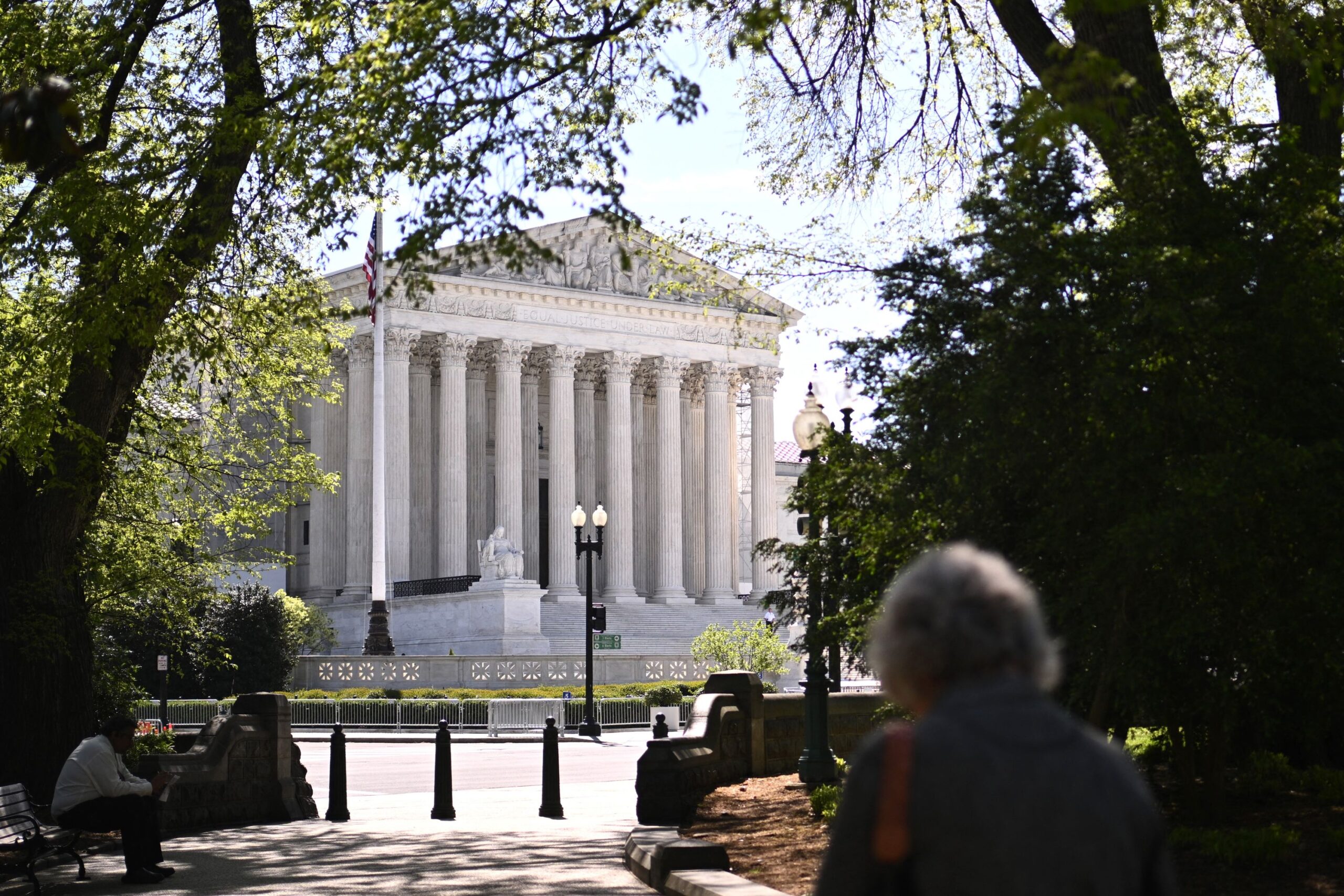The criminal case against former President Donald Trump in New York, concerning the 2016 election, is advancing. However, the federal case against him for alleged attempts to overturn the 2020 election remains in a state of uncertainty. Trump asserts that he should be granted absolute immunity from criminal prosecution for any actions related to his presidency, a claim that has stalled the trial.
The US Supreme Court, having initially declined to expedite the case, has now agreed to hear it following a lower court’s dismissal of Trump’s immunity claim. The justices will hear oral arguments on Thursday to determine whether Trump should be granted any form of blanket immunity from criminal prosecution.
Supreme Court’s Stance on Immunity Claim
CNN’s senior Supreme Court analyst Joan Biskupic suggests that the Supreme Court’s decision to not let the lower court ruling stand indicates their intent to give their own judgment on this untested Constitutional question. The fact that they waited has certainly accrued to Donald Trump’s benefit, but it was inevitable that they would have to resolve this issue sooner or later.
Presidential Immunity: A Controversial Topic
Many readers have questioned the extent of presidential immunity, with some even wondering if a president with absolute immunity could order an assassination of a rival. Jack Smith, the special counsel, argues that Trump’s view of immunity is limitless, a notion that has raised concerns among the judiciary.
Recusal of Justices
Supreme Court justices generally do not feel obligated to recuse themselves from any case. This was evident last year when justices signed a statement regarding their ethical principles after ProPublica revealed that Justice Clarence Thomas failed to disclose trips and other financial gifts given to him by a billionaire friend. None of the three justices appointed by Trump – Neil Gorsuch, Brett Kavanaugh and Amy Coney Barrett – have recused themselves from cases related to Trump.
Supreme Court’s Pace
The Supreme Court has been taking its time with Trump’s immunity claim, which is jeopardizing the possibility of the federal criminal case being resolved before the November election. However, by Supreme Court standards, the process is moving quickly. The court’s behavior suggests they don’t feel the need to decide this case with extraordinary speed.
Restricting Immunity
There is a possibility that the court could find a way to limit the kind of immunity granted. The government argues that no matter what the limits are, it would not cover someone who was trying to engage in election subversion. Trump’s lawyers, however, want to extend immunity from civil lawsuits related to the “outer perimeter” of official duties to immunity from criminal prosecution.
Impeachment and Self-Pardons
Trump’s lawyers argue that presidents should enjoy immunity from prosecution in part because they can be impeached. Trump was twice impeached by the House, but Republicans in the Senate voted against convicting him and barring him from holding office in the future. The question of self-pardons remains important and unanswered. Most scholars argue against the principle of a self-pardon, but the Constitution does not expressly forbid it.
Presidential Immunity: A Historical Perspective
The principle of presidential immunity dates back to Reconstruction, when the Supreme Court found in Mississippi v. Johnson that courts could not dictate how the executive acts. Forms of presidential immunity have been the subject of numerous court cases since, but not in terms of whether a president should be immune from federal prosecution.

